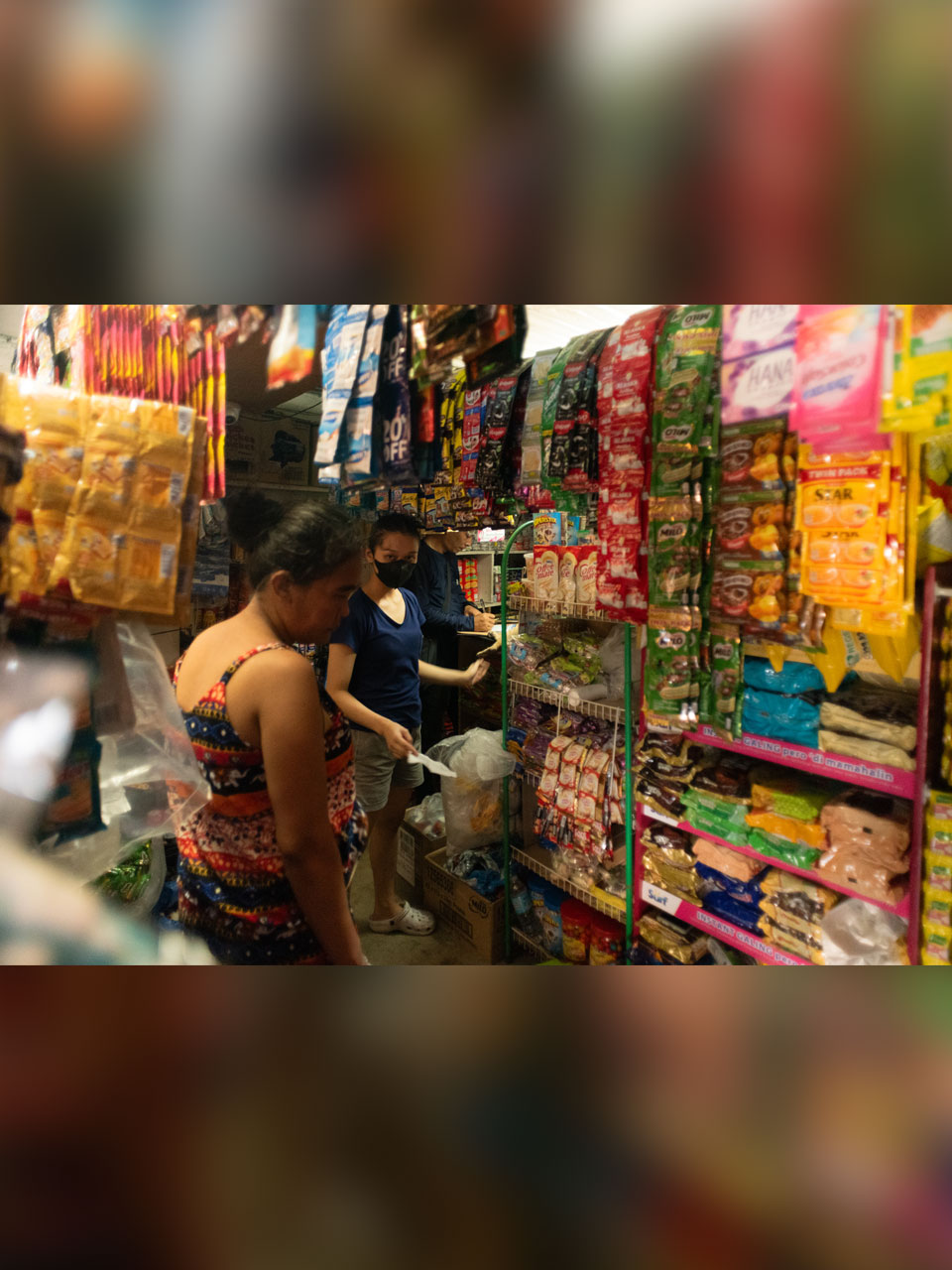For best experience, use Nutshell app on your smartphone.
11:14 am on 9 July 2025, Wednesday

While national inflation has been slowing down, sari-sari stores across the country are facing a different reality. Prices of daily essentials in these small but vital community stores have continued to rise, according to new data from Filipino tech startup Packworks.
Drawing from over one million monthly transactions through its Sari IQ business intelligence tool, Packworks tracked pricing trends across more than 300,000 sari-sari stores nationwide from 2023 to 2025. The results revealed an ongoing increase in retail prices for several product categories, even as the national inflation rate declined from 6.0% in 2023 to just 1.9% in early 2025.
Everyday items such as baby oil and baby powder saw significant price jumps. A 50ml bottle of Johnson’s regular baby oil increased by 17 percent, now priced at P49 from P42 in 2023. Similarly, a 100-gram pack of Tender Care baby powder rose by 25 percent, going from P40 to P50. These increases were observed across multiple regions including Ilocos, Cagayan Valley, Central Luzon, MIMAROPA, and Bicol.
Snack lovers are feeling the pinch too. The price of a 50-gram pack of Lala Fish Crackers Classic rose by 27 percent, from P18 to P23, while a 150-gram pack of Fres candy now costs P42, up 16 percent from P36. These increases were found in at least nine regions, stretching from Luzon to the Visayas.
According to Packworks Chief Data Officer Andoy Montiel, even minimal shifts in wholesale costs can affect sari-sari store pricing. “These stores run on thin margins. They act as both small businesses and neighborhood pantries, so any upstream cost change quickly reaches the end consumer,” Montiel explained.
Even the country’s staple, rice, has not been spared. A 5-kilogram pack of premium rice rose by P60 between 2023 and 2024, peaking at P295. Although the price slightly declined to P285 this year following the government's price cap on imported rice, it still remains well above the national average for well-milled rice, which stands at P50.54 per kilo. The report also noted similar price changes in tingi or repacked rice, commonly sold in sari-sari stores to remain affordable for local consumers.
Packworks CEO Bing Tan emphasized that understanding price movements at the micro-retail level is essential for targeted support. “Sari-sari stores are a lifeline for millions of Filipinos. Our data shows the disconnect between national economic indicators and what’s happening at the grassroots. Sharing this information helps identify where aid and policy interventions can be most effective,” Tan said.
With sari-sari stores serving around 94 percent of Filipinos, even small price changes can have a big impact on daily living.